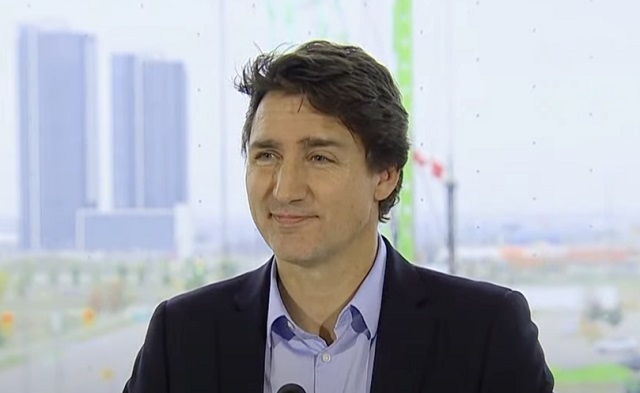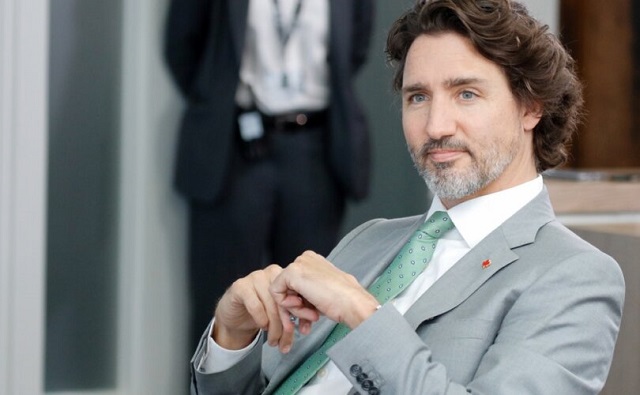Alberta
As a Polytechnic RDC looking to offer degree programs in arts, science, business administration and education

More higher learning opportunities in central Alberta
Red Deer College is poised to become Alberta’s newest polytechnic, ensuring residents have access to a wide variety of learning options close to home now and in the future.
Becoming a polytechnic enables Red Deer College to better align programming with local student, business and industry needs – including high-quality degrees, apprenticeship education and diploma programs.
Alberta’s government worked in partnership with Red Deer College and student leaders to determine the most flexible and best-fit model for central Alberta, with a goal of ensuring students have access to the education they need and employers in the region have access to the talent they need.
“I am thrilled that Red Deer College will become central Alberta’s polytechnic institution, best positioning it to provide residents with the wide range of educational options they need to build rewarding careers – right in their community. Ensuring all Albertans have access to opportunities to build their skills for in-demand local jobs empowers people to achieve success close to home, helps strengthen and grow communities, as well as attracting investment to the province.”
Red Deer College and the students, faculty and staff on campus play a key role in the community and local economy. The college began operations in 1964, and since then has expanded its offerings to include more than 100 programs across a range of credentials. With strong connections to business, innovation, health care, non-profits and many other organizations, Red Deer College and its students have an important role in the culture and vibrancy of the central Alberta region. The partnerships, work-integrated learning and collaboration already in place will continue to be enhanced through the polytechnic model.
“We are very supportive of the polytechnic designation because this model will allow us to build on our strengths to become an ever more innovative institution that will best serve our students, partners, industry and community members. Becoming a polytechnic achieves all of the goals we have had for many years, and it allows us to consider exciting new possibilities for the future.”
“The breadth of programs and credentials we will offer as a polytechnic institution are exactly what this region needs. By offering students applied and work-integrated learning across all programs – from trades to our own degrees – we will assist graduates to achieve their goals and be highly employable within the ever-changing needs of the labour market. This is the ideal future for our institution.”
“Red Deer is ready for a polytechnic. Students of central Alberta want to learn and live close to their support systems. We need to stop the brain drain and focus on what really matters most – making sure our population is well-educated and remains in this region.”
Red Deer is Alberta’s third largest city and a key social and economic hub for central Alberta. By shifting Red Deer College to a polytechnic and supporting expanded programming to include new degree and apprenticeship opportunities, we are ensuring students have the skills they need to build rewarding careers and employers have the talented workforce they need to grow the economy.
“Red Deer city council, our community and our region remain dedicated to supporting Red Deer College, students and staff who work every day to ensure RDC remains a key competitive post-secondary institution. We need to be a competitive contender in keeping and attracting new population to our city, and one of the most promising means of doing so is through the development of a skilled labour force, offering a broader spectrum of career options locally, and attracting a population who will stay and strengthen our local economy through their future contributions in various sectors.”
These changes also align with the goals of the Alberta 2030: Building Skills for Jobs strategy, and were considered as part of consultations to form the strategy.
An official new name for the institution has not yet been chosen but is expected to be announced in the coming months. Alberta’s government will continue to work with Red Deer College to ensure a successful path to polytechnic status.
Quick facts
- Polytechnic status in Alberta enables institutions to offer apprenticeship education along with degree, diploma and certificate programs.
- Red Deer College is currently approved to offer three degree programs, including the recently approved bachelor of science in biological sciences degree.
- The institution has also put forward four degree program proposals to Advanced Education for program approval review. These include:
- bachelor of arts (psychology)
- bachelor of science (psychology)
- bachelor of business administration
- bachelor of education
- The Alberta 2030: Building Skills for Jobs strategy is a transformational vision and direction for Alberta’s higher education system, which will develop a highly skilled and competitive workforce, strengthen innovation and commercialization of research and forge stronger relationships between employers and post-secondary institutions.
Alberta
Danielle Smith warns arsonists who start wildfires in Alberta that they will be held accountable

From LifeSiteNews
The Alberta government has created an ad campaign highlighting the fact that most fires are caused by humans and not ‘climate change,’ as many left-leaning politicians claim.
In preparation for the so-called wildfire “season,” Alberta Premier Danielle Smith sternly warned anyone caught starting blazes in her province, including arsonists, that they will face charges and be held fully “liable” for all costs associated with the fires.
“As we approach the wildfire season, it is important to understand that 67% of wildfires in Alberta are started by people,” Smith posted Monday on X.
“If you start a wildfire, you can be charged, fined, and held liable for all costs associated with fighting the wildfire.”
Smith made the comments after last year revealing that most of the wildfires in her province (500 of the 650) were caused by humans and not “climate change,” as has been pushed by the legacy media and opposition politicians.
“All I know is in my province we have 650 fires and 500 of them were human caused,” she said, “so we have to make sure that when people know that when it’s dry out there and we get into forest fire season that they’re being a lot more careful because anytime you end up with an ignition that happens it can have devastating consequences.”
To go along with Smith’s Monday message, the Alberta government has also created an ad campaign highlighting the fact that most fires are caused by humans and not “climate change,” as many left-leaning politicians claim.
As reported by LifeSiteNews last year, Smith ordered arson investigators to look into why some of the wildfires that raged across the vast expanse of the province had “no known cause” shortly after they spread.
During the campaign of Alberta’s 2023 election, Smith, whose United Conservative Party won a majority government, had to pause to deal with many wildfires that suddenly, out of nowhere, ravaged the province. The fires came on suddenly and uncharacteristically considering the heavy snowfall in the province in early March and rain in April.
LifeSiteNews reported that despite the arrest of multiple arsonists, Canada’s mainstream media and the federal government have been pushing a narrative attributing the recent wildfires to “climate change.”
Indeed, in January, LifeSiteNews reported that a man from Quebec admitted to starting 14 forest fires himself. This put a chill to the legacy media’s push that the fires in the province were caused by “climate change.”
However, statistics from Canada’s National Fire Database show that wildfires have gone down in recent years and peaked in 1989.
As for Canadian Prime Minister Justin Trudeau, he has repeatedly used “climate change” and forest fires as a catalyst for propping up his government’s much-maligned carbon tax, which Smith opposes. He has blamed the fires on “climate change.”
A June 2017 peer-reviewed study by two scientists and a veteran statistician confirmed that most of the recent global warming data have been “fabricated by climate scientists to make it look more frightening.”
Trudeau has been calling for increased bans on Canada’s natural resources, of which Alberta has in abundance.
Smith has vowed to fight Trudeau on his attacks against Alberta’s oil and gas industry.
The reduction and eventual elimination of so-called “fossil fuels” and a transition to unreliable “green” energy has also been pushed by the World Economic Forum (WEF), the globalist group behind the socialist “Great Reset” agenda in which Trudeau and some of his cabinet are involved.
Alberta
Free Alberta Strategy backing Smith’s Provincial Priorities Act
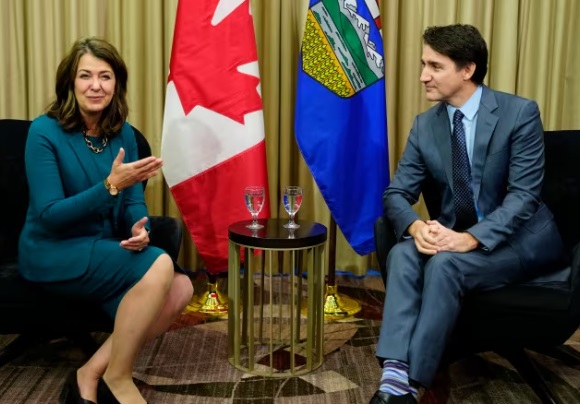
News release from Free Alberta Strategy
Premier Danielle Smith had a message for Ottawa last week.
Keep out.
On Wednesday, the Premier rolled out her latest weapon in the fight against federal intrusions into provincial jurisdiction.
If passed, Bill 18 – the Provincial Priorities Act – aims to align federal funding with provincial priorities, ensuring that said funding reflects Alberta’s interests.
The legislation stipulates that any agreements between the federal government and any provincial entities – including municipalities – must receive provincial approval to be considered valid.
Smith has already given it a nickname: “the stay-out-of-my-backyard bill.”
It’s an apt description of the legislation, especially considering that’s what the federal government has been doing for years – encroaching into Alberta’s jurisdiction.
The legislation shouldn’t come as a surprise to anyone.
We all know that most deals the Alberta government enters into with the federal government don’t work out for Albertans.
We end up paying more in federal taxes than gets spent in federal spending on the programs.
The programs come laden with restrictive conditions that undermine our autonomy, and are often detrimental to our ability to provide the services.
This is especially true with regard to the recent agreement between Ottawa and the provinces that allows the federal government to nationalize childcare.
The childcare agreement has come under heavy criticism due to funding shortfalls in the deal.
It also applies to housing, where despite Alberta accounting for 12% of the national population and experiencing the most rapid population growth, it received a mere 2.5% of the total $1.5 billion in federal housing funding last summer.
Jason Nixon, Minister of Seniors, Community and Social Services, is in charge of housing in Alberta – which is provincial jurisdiction.
On the latest rollout of conditional federal housing handouts, Nixon isn’t buying.
“We will not be bribed, with our own money, to increase the time it takes to get homes built with green energy that makes homes more expensive.”
The theory also applies to the federal government’s latest gambit – doing an end-around provincial negotiations and going directly to municipalities, who seem more interested in taking the money than the conditions attached.
Municipalities are provincial jurisdiction.
Bill 18 mandates that entities within Alberta’s jurisdiction, such as municipalities, universities, school boards, housing agencies, and health authorities, must seek the province’s approval before engaging in, modifying, extending, or renewing agreements with Ottawa.
Agreements between the federal government and provincial entities lacking Alberta’s endorsement will be deemed illegal under this legislation.
That’s Premier Smith’s message.
She’s had enough of it.
“It is not unreasonable for Alberta to demand fairness from Ottawa. They have shown time and again that they will put ideology before practicality, which hurts Alberta families and our economy. We are not going to apologize for continuing to stand up for Albertans so we get the best deal possible.
“Since Ottawa refuses to acknowledge the negative impacts of its overreach, even after losing battles at the Federal and Supreme Courts, we are putting in additional measures to protect our provincial jurisdiction to ensure our province receives our fair share of federal tax dollars and that those dollars are spent on the priorities of Albertans.”
Municipal Affairs Minister Ric McIver had additional thoughts:
“For years, the federal government has been imposing its agenda on Alberta taxpayers through direct funding agreements with cities and other provincial organizations. Not only does Alberta not receive its per capita share of federal taxpayer dollars, the money we do receive is often directed towards initiatives that don’t align with Albertan’s priorities.
“Albertans from all corners of the province expect our federal share of taxes for roads, infrastructure, housing and other priorities – not federal government political pet projects and programs in select communities.”
The Provincial Priorities Act is based on existing provincial legislation in Quebec – called “An Act Respecting the Ministère du Conseil executif” – which prohibits any municipal body from entering into or negotiating an agreement with the federal government or its agencies without express authorization from the Quebec government.
That’s right – the Quebec government has the same rule!
So, this boils down to the same argument we’ve been making for years – if Ottawa wants to step into our backyard, it must first seek Alberta’s approval.
Enough is enough – we won’t stand idly by as our interests are trampled upon.
It’s time for Ottawa to recognize Alberta’s autonomy and respect our right to determine our own future.
At the Free Alberta Strategy, we know that constant vigilance is necessary – for every fence we put up, the federal government tries to find a way around it.
We’ll continue to bring you information about what’s happening in Alberta’s backyard and fighting to keep Ottawa out.
The Free Alberta Strategy Team
-
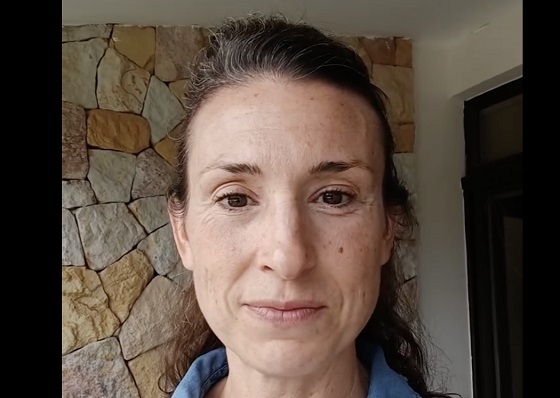
 COVID-192 days ago
COVID-192 days agoPro-freedom Canadian nurse gets two years probation for protesting COVID restrictions
-
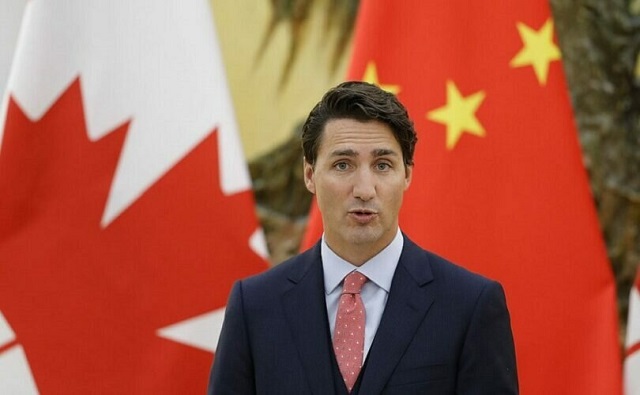
 espionage2 days ago
espionage2 days agoTrudeau’s office was warned that Chinese agents posed ‘existential threat’ to Canada: secret memo
-
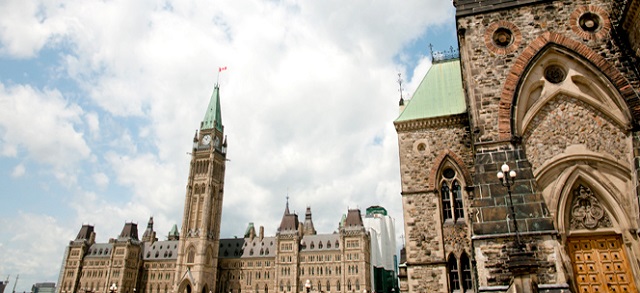
 Economy2 days ago
Economy2 days agoMassive deficits send debt interest charges soaring
-

 Business1 day ago
Business1 day agoBusiness investment key to addressing Canada’s productivity crisis
-

 Jordan Peterson1 day ago
Jordan Peterson1 day agoJordan Peterson slams CBC for only interviewing pro-LGBT doctors about UK report on child ‘sex changes’
-

 International1 day ago
International1 day agoBrussels NatCon conference will continue freely after court overturns police barricade
-
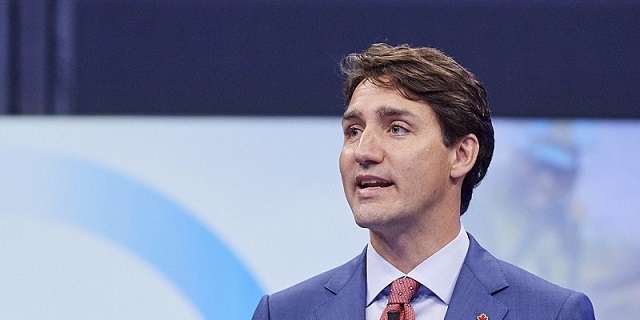
 Business1 day ago
Business1 day agoFederal budget fails to ‘break the glass’ on Canada’s economic growth crisis
-
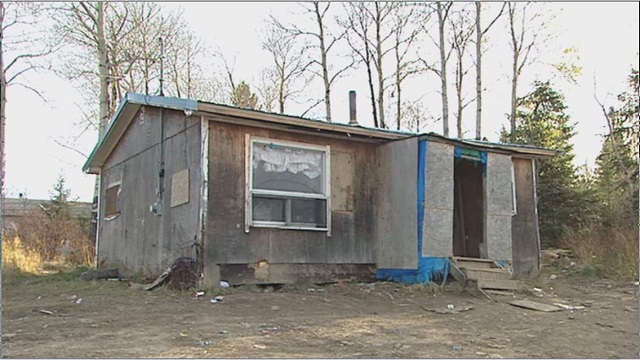
 Frontier Centre for Public Policy1 day ago
Frontier Centre for Public Policy1 day agoThe Smallwood solution


